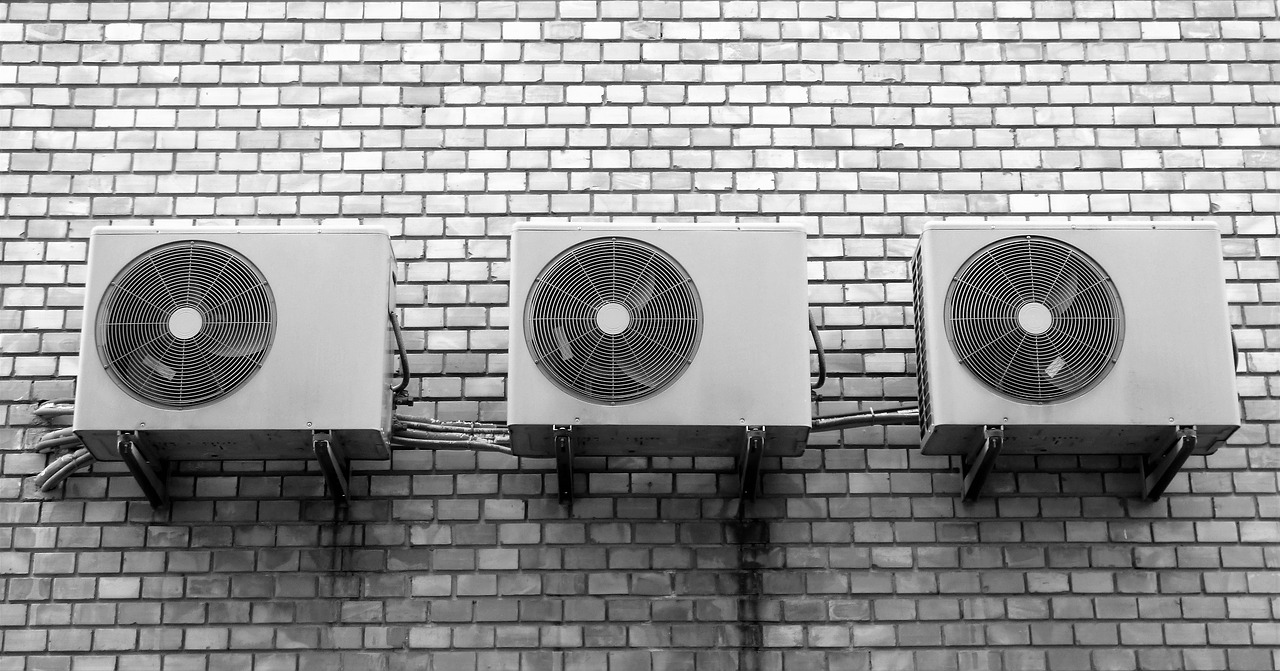ConTerMa

The ageing of the population is a phenomenon that affects most of the European territories, being more pressing in countries such as Spain and Portugal and, above all, in its border areas that today are characterized by the ageing of their communities. This trend explains the growing demand for long-term care services, such as Elderly Care Centers (ECC). In addition, considering that older people spend a considerable part of their lives inside, their well-being and thermal comfort can not be ignored.
Determine the influential parameters in thermal comfort is relevant both to design spaces and to ensure the welfare and health of the occupants of buildings. A good design and management of the buildings built not only offers a comfortable thermal sensation to the occupants, but also determines the amount of energy consumed by the building's cooling and heating systems. In the current context of climate change and global warming, the inclusion of the concept of adaptive thermal comfort in thermal comfort standards allows adopting new energy efficiency strategies and consistently meet the requirements of sustainable development.
Both the international standards ISO 7730: 2005, ASHRAE Standard 55: 2013 and EN 15251: 2007 aim to specify the comfort conditions for most of the healthy occupants of buildings. Some field studies suggest that current regulations may not adequately predict average thermal responses for older people because older people generally have lower activity levels than adults, can not easily change their level of activity or clothes and have a lack of vasoconstriction that can decrease the thermal sensation.
The purpose of this proposal is to analyze the thermal comfort of elderly people in nursing homes located in different climatic zones of the cross-border cooperation area of Spain-Portugal and to predict which thermal conditions are acceptable or preferred for this group of people.
For this, will be analyzed the environmental parameters (air temperature, average radiant temperature, air velocity and air humidity), exterior conditions (temperature and relative humidity), physical activity, clothing and thermal sensation of the residents of various nursing homes located in Mediterranean climates and in Atlantic climates.
The application of adaptive comfort models for older people offers the possibility of improving their quality of life and at the same time offers great potential in saving energy.
The Coordinated Program will consist of two research projects:
Project 1.- "Analysis of thermal comfort in homes for the elderly in the Mediterranean continental climate", led by Dr. Nuria Forcada Matheu of the Polytechnic University of Catalonia.
Project 2.- "Analysis of thermal comfort in nursing homes in the Atlantic climate", which has as its Main Investigator Dr. Ana Sofia Estevão Mendes of the Institute of Public Health of the University of Porto (ISPUP).







